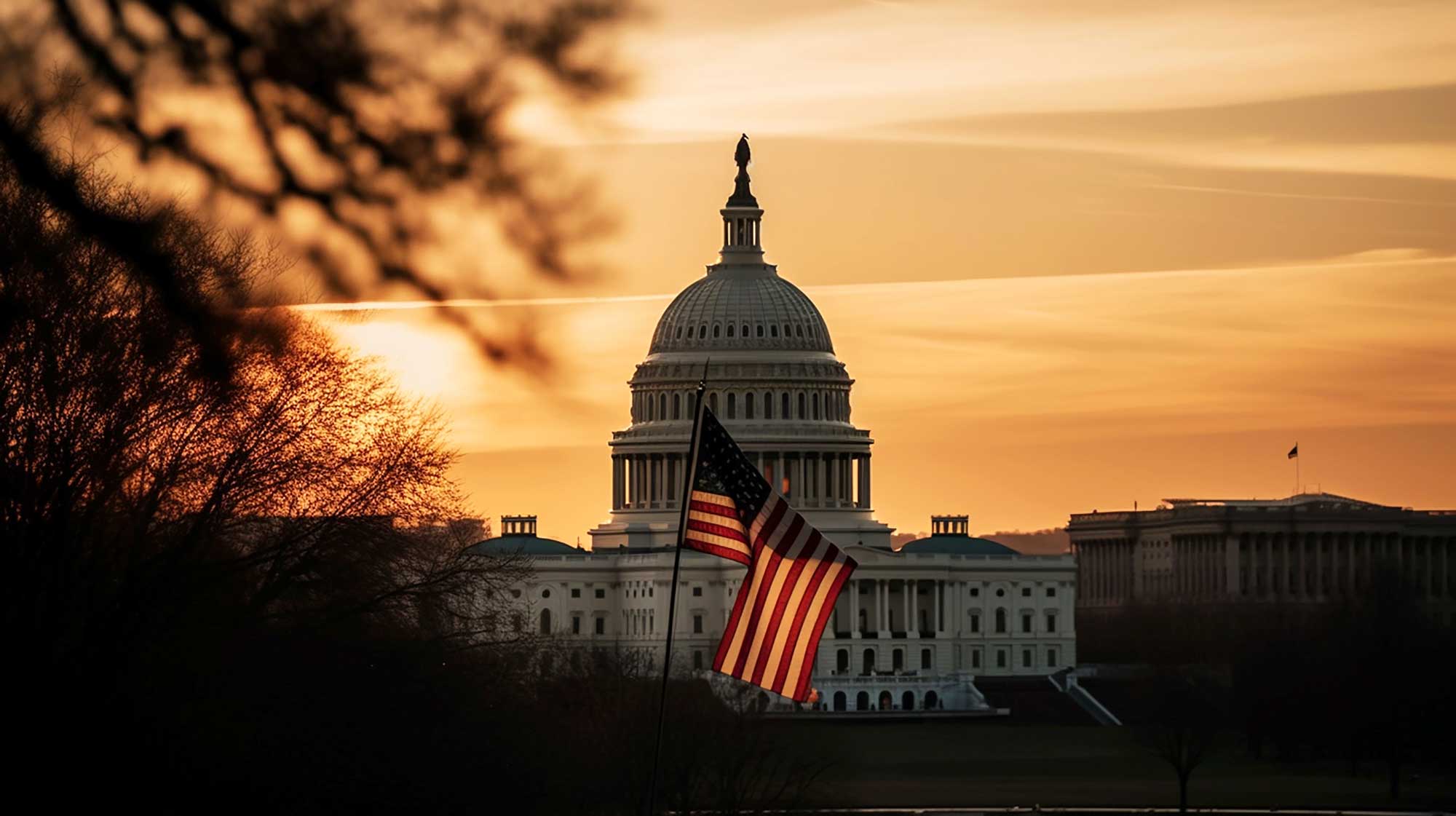
Analysis of 2024 National Issues Poll
Issue Areas
Related Content
Homelessness
- A strong majority (67%) believe homelessness is increasing, with bipartisan agreement (77% GOP, 69% IND, 55% DEM). However, confidence in state leaders’ handling of homelessness is low, with 51% of all voters rating their performance as poor.
Public Safety
- Most voters (59%) perceive large cities as more dangerous than a decade ago, particularly GOP voters (81%).
Prisons and Public Education
- Voters are broadly critical of the current effectiveness of rehabilitation efforts in prisons (47% poor job).
- Public high schools are also scrutinized, with 38% rating job skills preparation as poor, notably among GOP voters (50%).
College vs. Skilled Trades
- A preference for skilled trades over college degrees is evident (58%), especially among GOP voters (67%). Most voters (63%) do not consider a college degree necessary for a good living.
Healthcare Access
- Wait times for specialized care vary, with 40% seeing doctors within two weeks and 16% waiting over a month. Cost remains a barrier for 35% who skipped care or medicine due to expense.
Economic and Regulatory Perceptions
- The economy (42%) is deemed the most urgent state issue, with GOP voters prioritizing it (55%). Democrats, however, rank healthcare as their top concern (33%), followed by public education (23%).
Trust in Institutions
- State legislatures (43%) are trusted more than Congress (22%) to meet Americans’ needs. Business leaders (53%) are favored over career government professionals (29%) to improve government efficiency.
2024 Presidential Preferences
- A tie between Trump and Harris (42%) reflects deep polarization, with Independents splitting evenly.
Democratic Breakaway Votes:
- While 83% of Democrats back Harris, 9% support Trump and 1% chose another candidate. Additionally, 7% are undecided.
- This 9% crossover to Trump is significant because, in a polarized electorate, even small shifts in support across party lines can have a substantial impact in battleground states.
Independent Voters:
- Among Independents, Trump and Harris are tied at 33% each, with 17% choosing “someone else” and another 17% undecided.
- Independents often decide elections, and Trump’s ability to secure a strong share of this group underscores his competitiveness. Harris’s failure to dominate among Independents may have hindered her path to victory.
Broader Implications:
- Trump’s solid GOP base (85%) coupled with Democratic defections and parity among Independents gives him a critical advantage.
- Harris’s relatively lower enthusiasm from her base, compared to Trump’s consolidation of Republican support, highlights a possible enthusiasm gap.
- In a close election, the Democratic defections and indecision among Independents could translate into a Trump win in key states, particularly those he narrowly lost in 2020.
Conclusion
This data underscores the importance of party unity and voter enthusiasm. Democratic defections to Trump, paired with Harris’s struggle to win over Independents decisively, reflect vulnerabilities that may have contributed to Trump’s path to victory.
